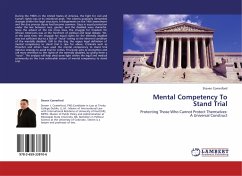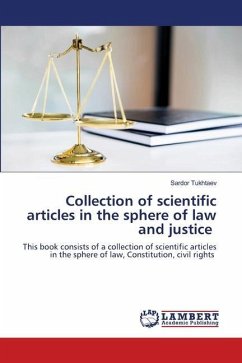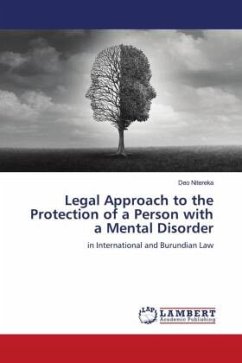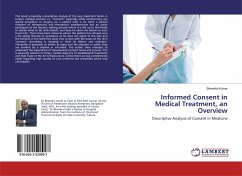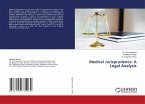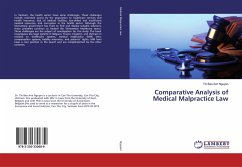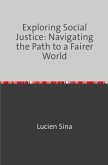During the 1960's in the United States of America, the fight for civil and human rights was at its emotional peak. The citizens popularly demanded changes within the legal structures. Infringements on the 14th amendment and the due process clause had become common. Gaps in equal protection under the law between race, gender, and the disabled were shameful. Since the advent of the Jim Crow laws, the struggle for freedom for African Americans was at the forefront of political and legal debate. Yet, at the same time, the struggle for equal rights for the mentally disabled was not sufficient due to a lack of "voice" owing to the inherent condition of the mentally disabled. Still to this day, the vague legal definition of mental competency to stand trial is ripe for abuse. Criminals such as Pinochet and others have used the mental competency to stand trial defence strategy to avoid trial for crimes. This book aims to strengthen and call more attention to the rights of the mentally disabled, by giving them a "voice". The analysis will help shed some light within the legal and medical community on the true vulnerable nature of mental competency to stand trial.
Bitte wählen Sie Ihr Anliegen aus.
Rechnungen
Retourenschein anfordern
Bestellstatus
Storno

